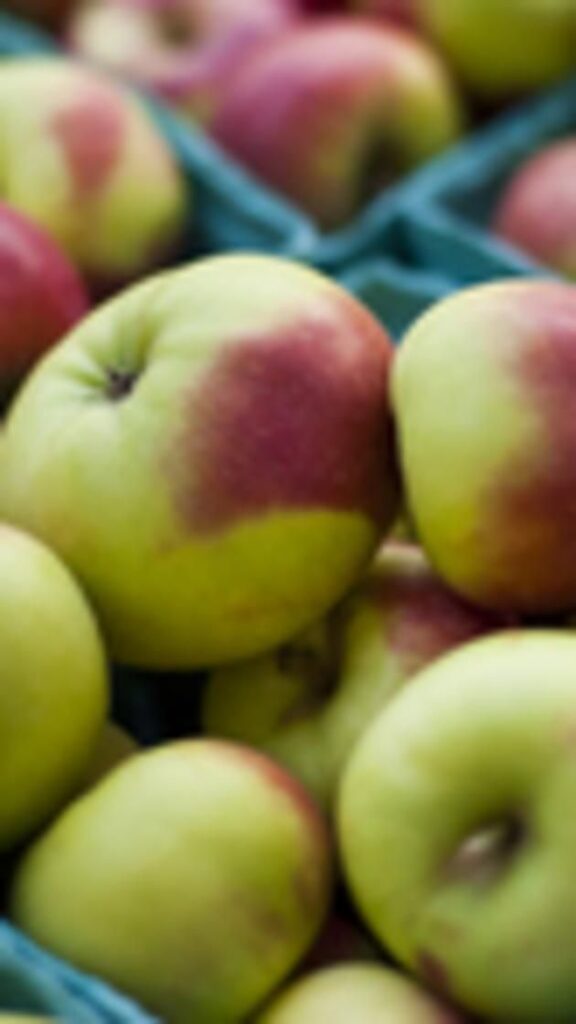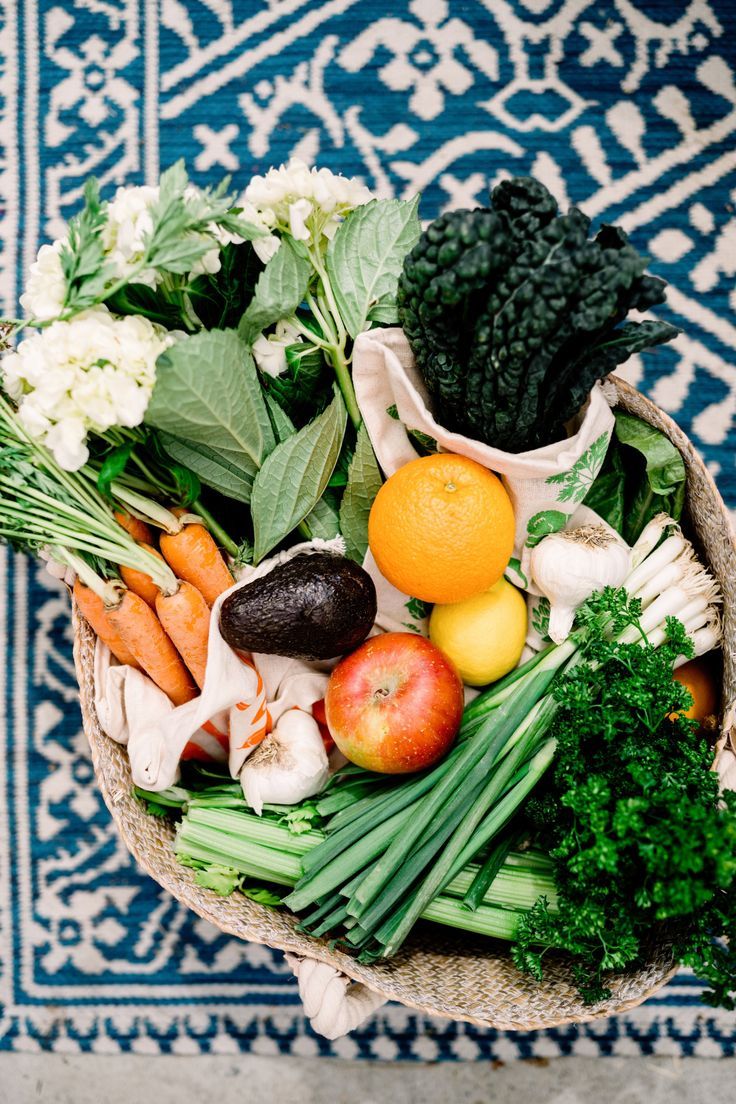Organic cookies and conventional cookies with the same number of calories were used in the research. People who tried the organic cookies thought they were healthier and thus thought exercise wasn’t as vital. Calorie assessments were affected by the organic label.
Consumers’ judgments of the features, such as reduced calories and more relaxed attitudes toward exercise, were shown to be biased. This might explain why some people end up justifying a higher calorie intake. This clearly demonstrates the lack of consumer education on the meaning of the term “organic” and the products to which it refers. The term “organic” alone does not guarantee lower calorie content or improved health.
Toxin levels in the cultivation and processing of an organic food must be at or below 5% in order for it to be labeled as such. That’s because organic foods are cultivated with a minimal amount of chemical fertilizers, pesticides, or other additives. Whether they’re classified as ‘organic’ or not, cakes are still a manufactured product. Neither ‘organic’ nor ‘conventional’ food differs in any way from conventionally produced food other than the chemicals employed in its production.
‘Organic’ foods are safer since less harmful chemicals are used in their production. In terms of nutrition and caloric content, the cuisine is identical to that found in more traditional options. For instance, the only reason ‘organic’ produce is safer is because farmers use less pesticides and other chemicals during cultivation. ‘Organic’ items in packages are the same way.
A health regimen should still be followed, even if someone opts for ‘organic’ items. No matter how many ‘organic’ meals one consumes, physical activity remains a must. In terms of calorie counting, selecting ‘organic’ foods is no different from selecting conventional ones.
The ‘organic’ label, like many others on food packaging, is often used for marketing purposes. Toxin levels employed in manufacturing methods are the sole actual differentiator between natural organic foods and their conventional counterparts, although manufacturers would have customers think otherwise. These misconceptions are the result of food advertising.
To avoid falling for food marketing promises, consumers should familiarize themselves with the symbolic significance of the labels. Knowing what healthy organic foods are and are not requires knowledge. Organic or conventional, processed foods retain the same negative qualities.

Rebecca is eager to learn more about green living and share this knowledge with others in an effort to lessen our collective exposure to and ingestion of harmful substances. To do this, she launched the website [http://toxicfreedata.com/]. Everyone benefits from a healthy environment when people share knowledge and work together to eliminate harmful substances. Together, these benefits make it possible for our generation to make the world a safer and healthier place for future ones to grow up in.
